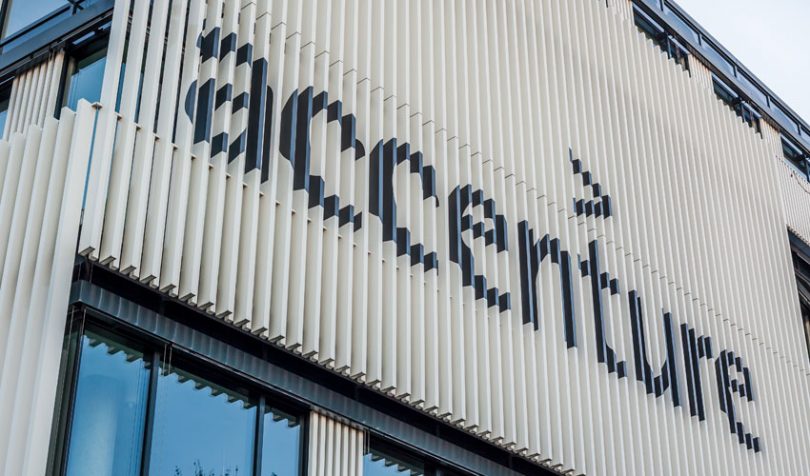Today Accenture announced a new blockchain supply chain initiative to incentivize small suppliers to adopt sustainable practices and promote financial inclusion. It’s partnering with Mastercard, Amazon Web Services, Everledger and Mercy Corps.
Accenture refers to it as a circular supply chain, because consumers at the end of the chain can use a mobile app to “tip” farmers at the start of the chain if they can demonstrate sustainability. Accenture gave an example of farmers proving they didn’t cut down trees to plant crops. Better yet if they could confirm the absence of insecticides toxic to numerous species.
The consultancy cites a 2017 Nielsen survey that shows two-thirds of U.S. consumers favor environmentally friendly brands. For younger shoppers (21-34) the figures are far higher with 83% saying environmentally friendly programs are important for brands. And 75% of the same group said they’d change their purchase habits to impact the environment.
Accenture’s point is that it’s hard for consumers to encourage smaller farmers. Until now.
“Through effective public and private partnerships, we can place sustainability and customer empowerment at the heart of global business models and we invite more partners to join us,” said David Treat, a managing director and global blockchain lead at Accenture.
Tara Nathan, executive vice president, humanitarian & development at Mastercard, commented: “For the 3.4 billion people — almost half the world’s population — that still struggle to meet basic needs, we believe that digital technologies are largely untapped. To put more people onto the path from poverty to prosperity, we need to create an ecosystem that streamlines access to education, health, commerce, and more.”
The purpose of blockchain is to enable corporate customers, governments and non-profits to monitor small farmer activity and address “accountability, waste and information transparency.”
Everledger was one of the first companies to track diamonds through the supply chain. CEO Leanne Kemp said: “Our blockchain-enabled work aims to facilitate more connected, transparent and sustainable supply chains, which bring about trusted collaborations among stakeholders. Being a part of the circular supply chain capability with Accenture is a showcase example of ‘conscious consumerism.’”
Earlier today Mercedes announced a blockchain program to monitor suppliers to ensure sustainable and ethical practices. Although it doesn’t involve direct supplier incentivization. Fishing or overfishing is a classic example of sustainability. Pacifical has a blockchain to track tuna fishing to ensure the quantities are within guidelines.
And last year the TheGoodChain launched with very similar functionality to reward farmers. It’s backed by ScanTrust and Cambio Coffee.







